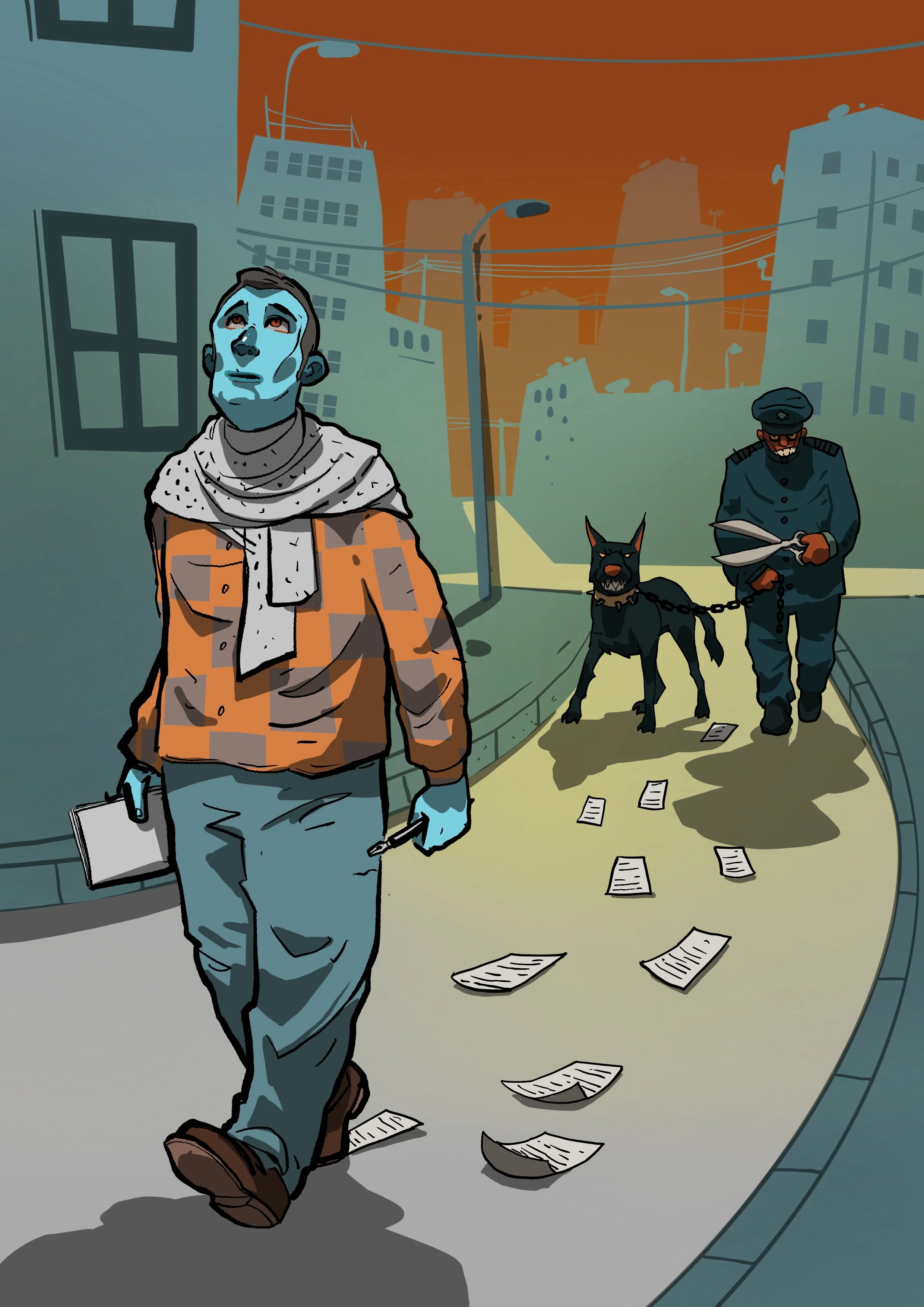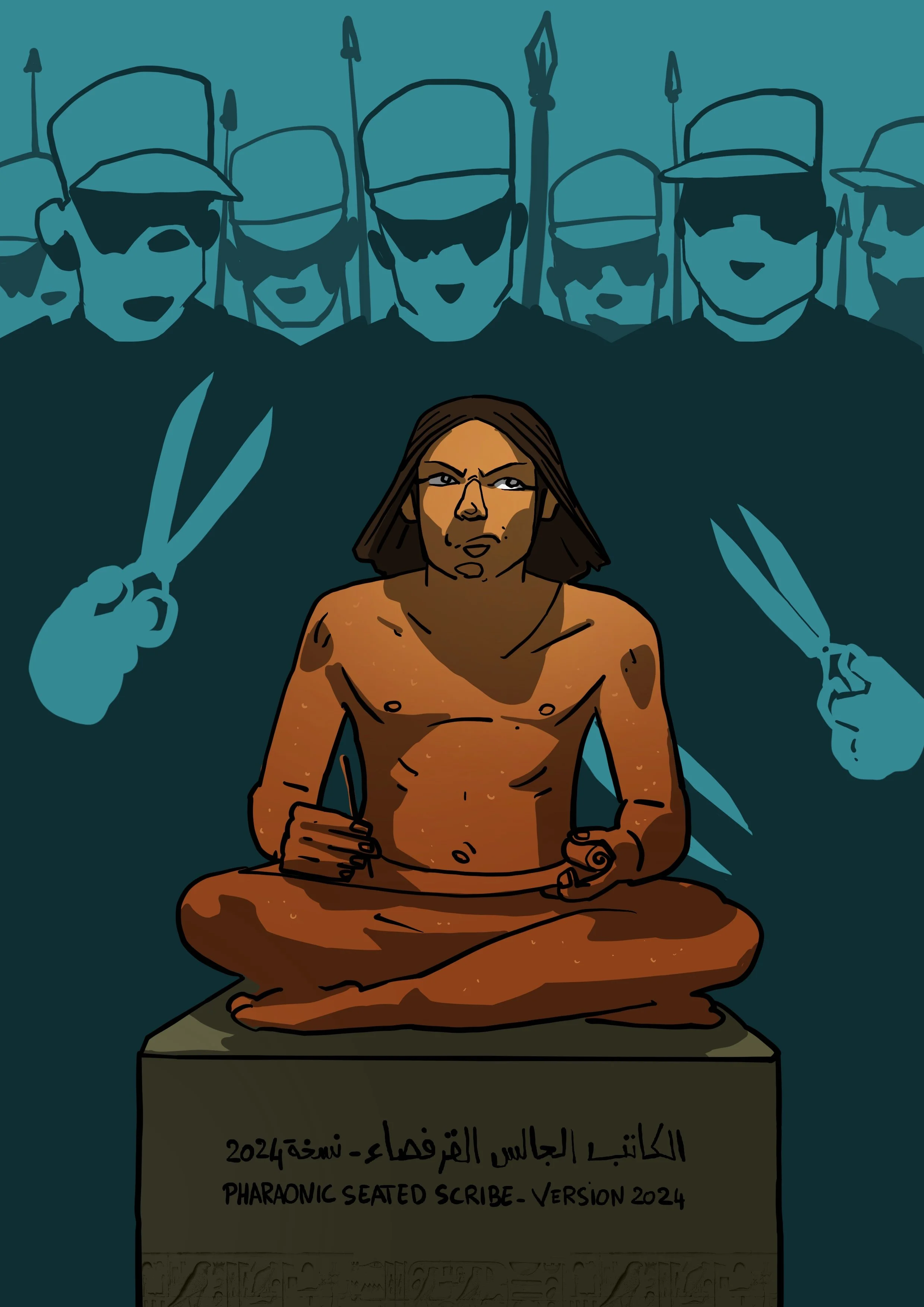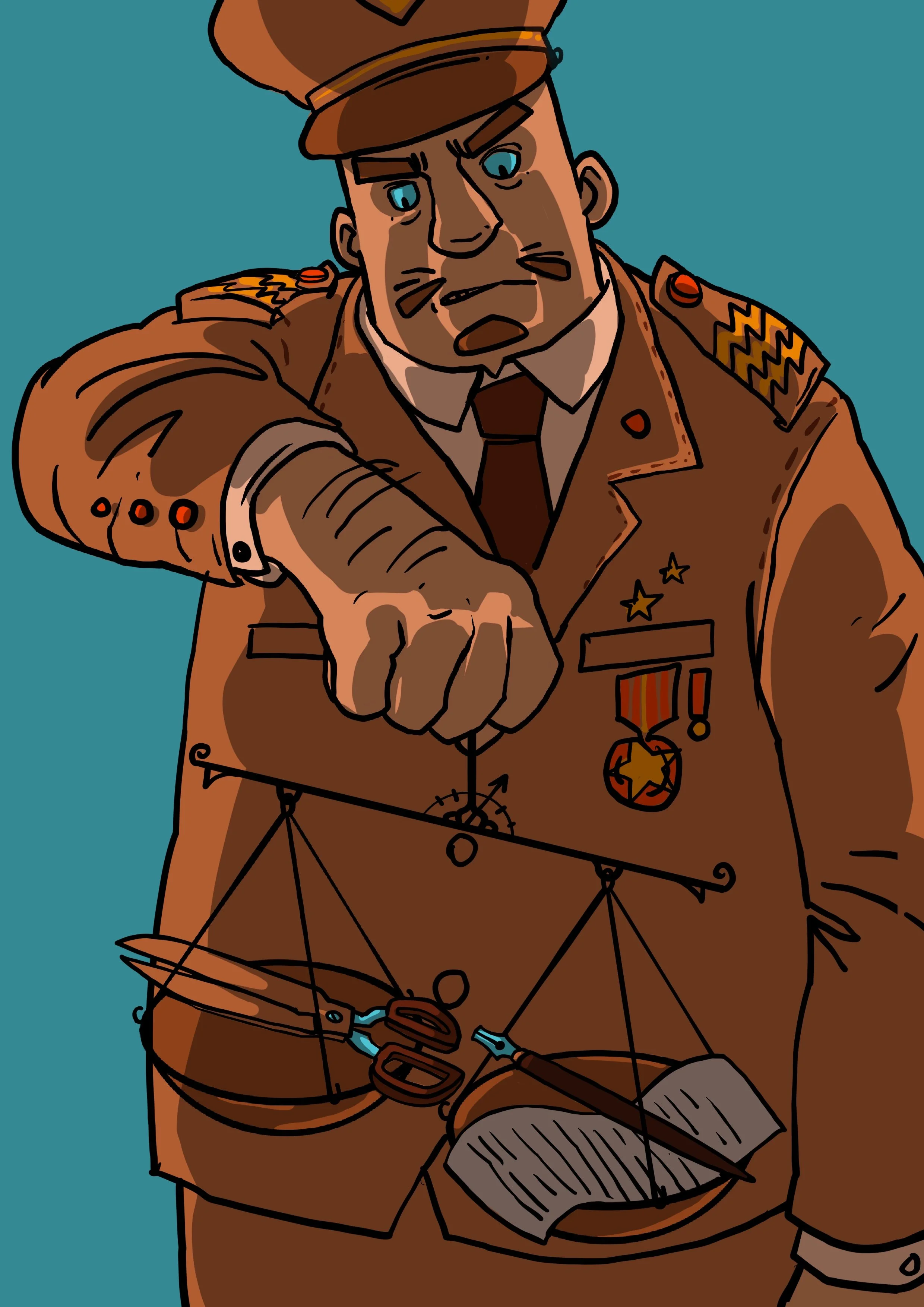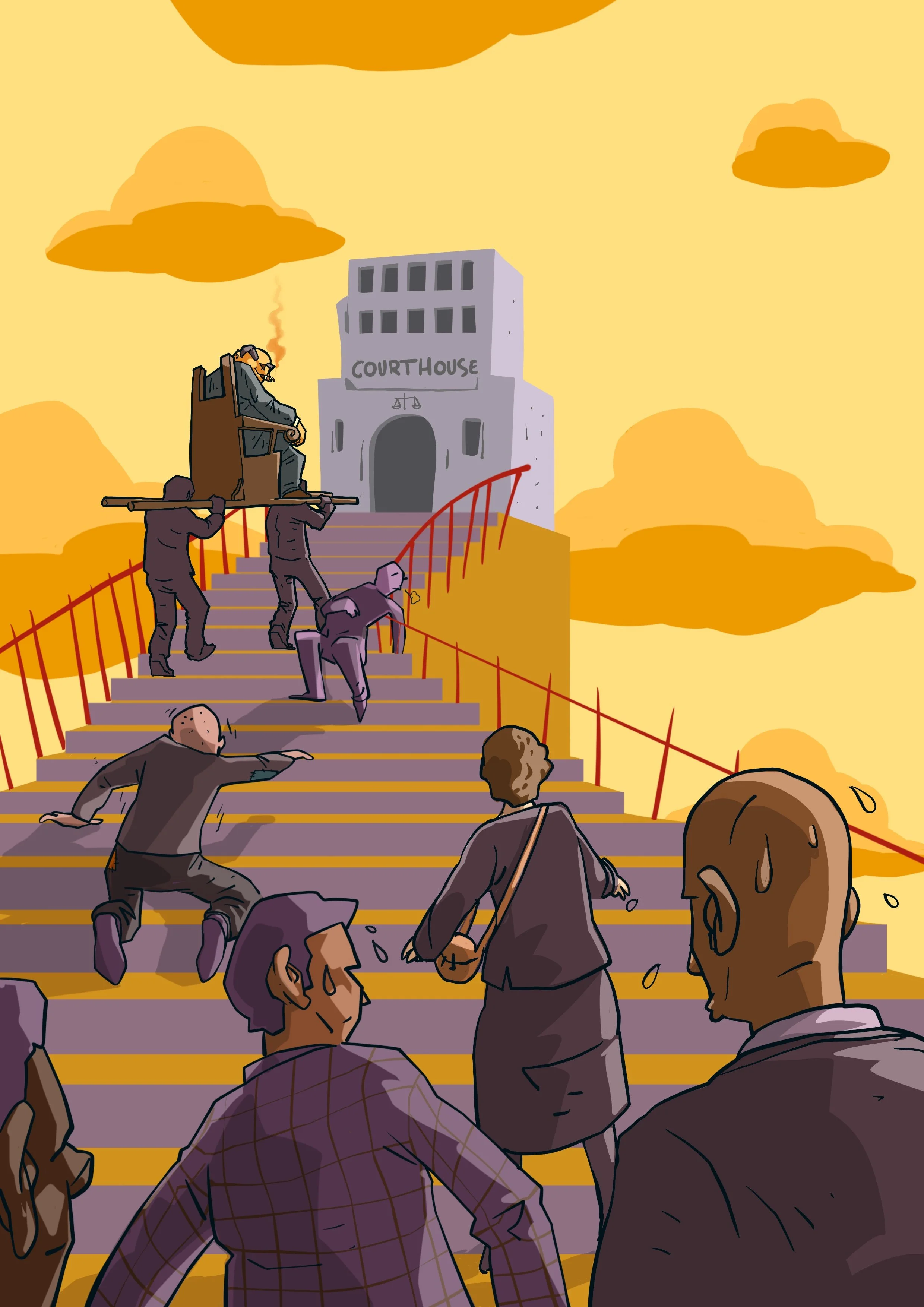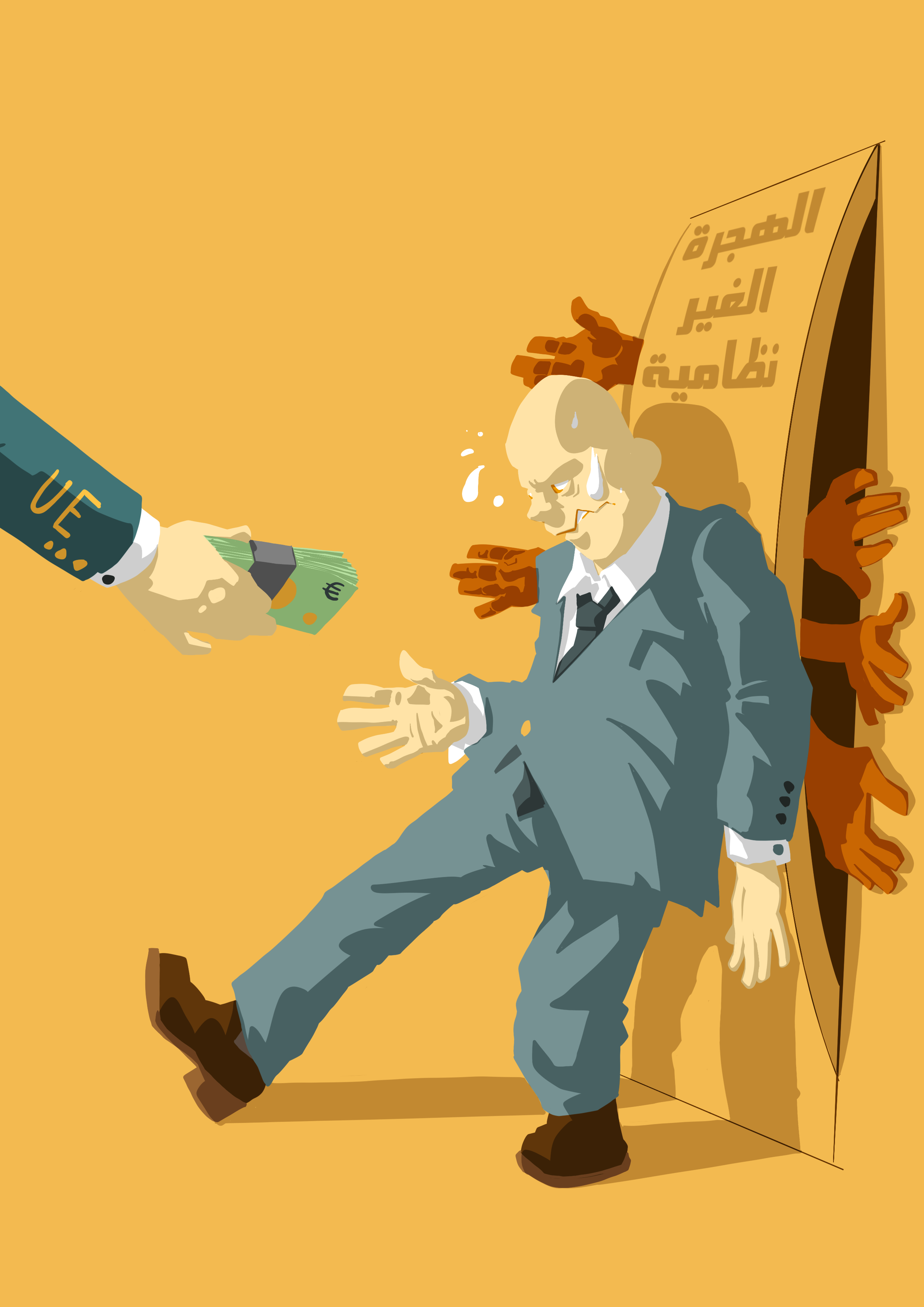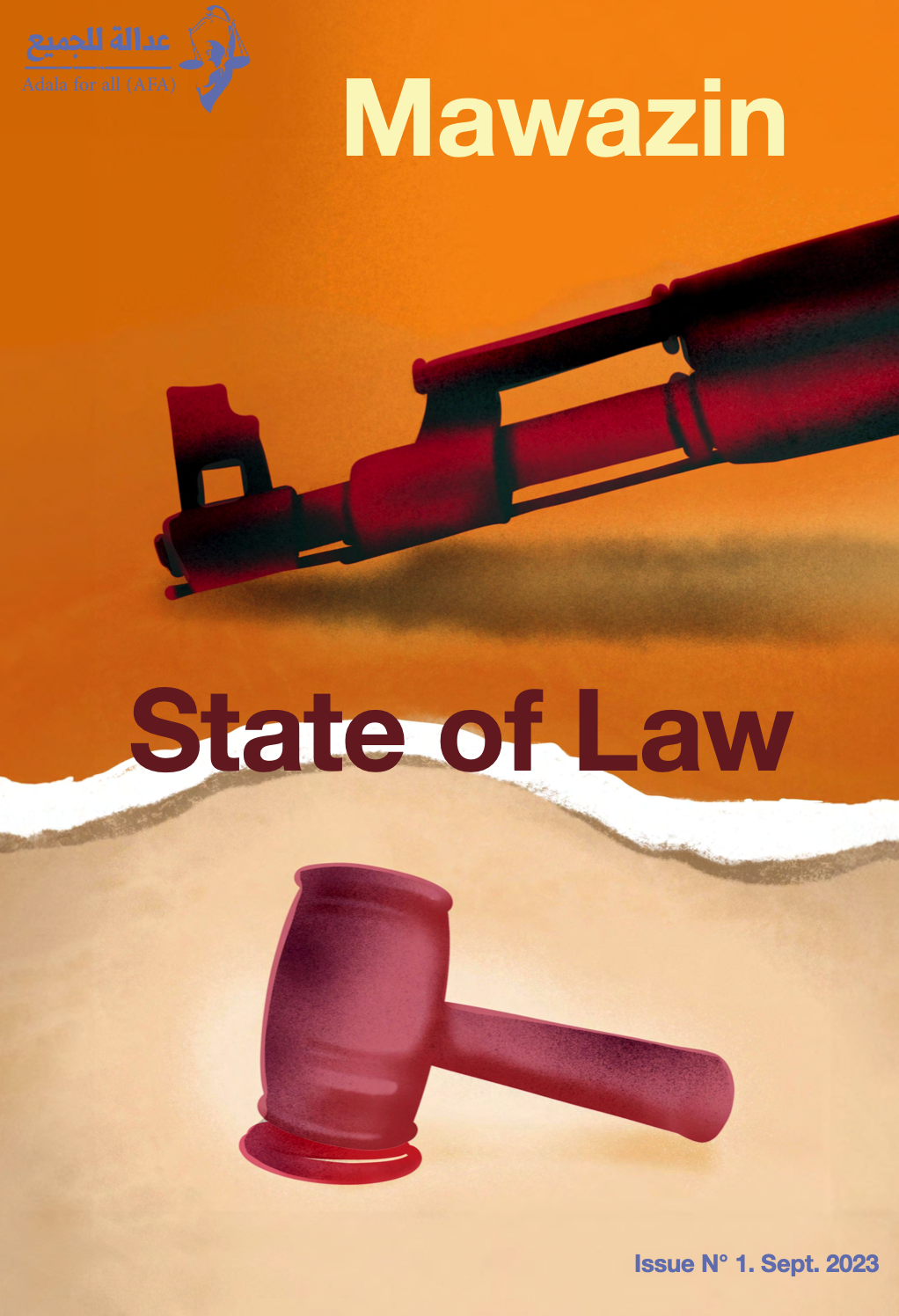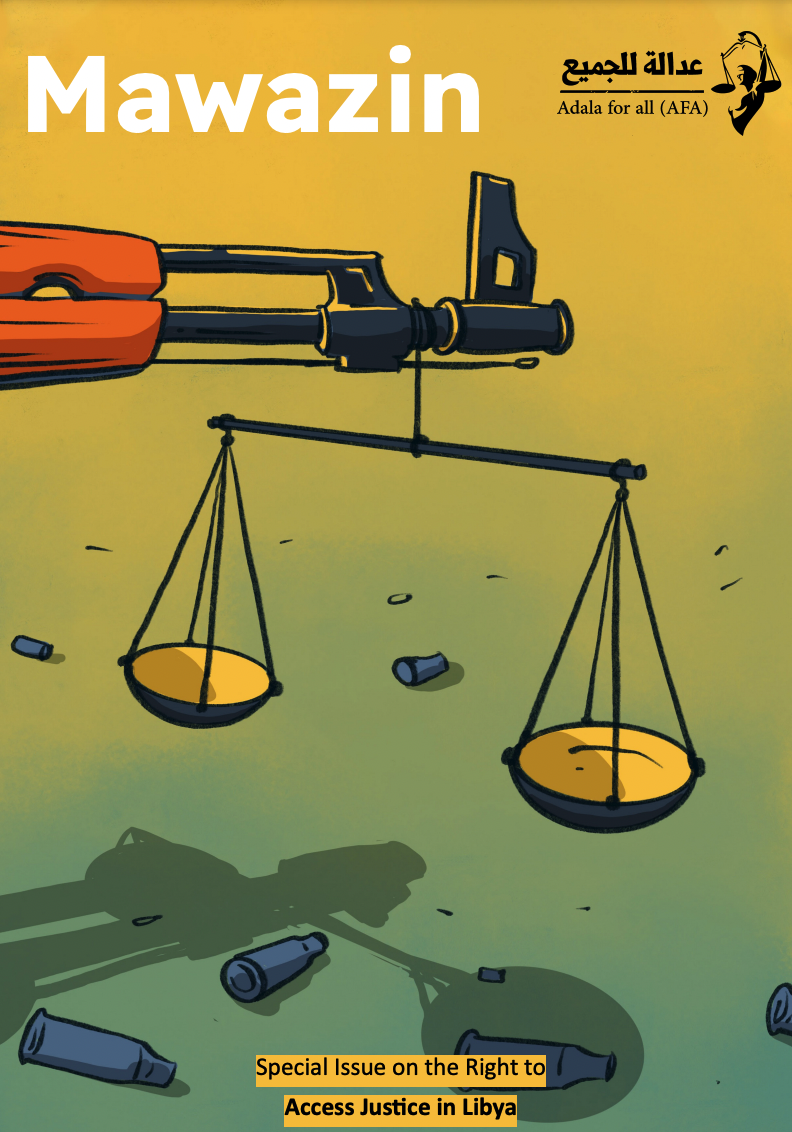
Mawazin Magazine
A periodical magazine publishing research articles by legal experts on obstacles to accessing justice, and the extent of state authorities' commitment to fair trial standards and obligations arising from international agreements and conventions
Edition n°4
Jan .2025
Mawazin Mag: The Right to access justice in Libya
Adala For All association organized a discussion panel on Tuesday, October 11th, 2022on releasing Mawazin, the first legal magazine in Libya.The discussion includes presenting a special issue: The Right to access justice in Libya.
Open speach and moderation 🎤Mr. Ramadan Amami Adala For All, Director of the Advocacy Program.
Dr. Jazia Shuaiter🔹Criminal Law Professor at University of Benghazi
Dr. Koni Ali Abuda🔹Law Professor at University of Tripoli
Mr. Diya Shaqqura 🔹Libyan legal researcher
Why Mawazin?
Since its 2011 revolution, Libya has been devastated by unspeakable tragedy and carnage that has headlined the news and occupied regional and global public opinion. Yet amid the bloodshed, a spring is blooming. This spring may not be as thunderous as the sound of bullets; it may not dry the tears of those who have lost loved ones to conflict and infighting, the proliferation of militias, and the scourge of perpetual impunity. The onset of this spring in Libya is marked by the emergence of a newer generation -including hundreds of human rights defenders – who are aware of the serious dilemmas facing the country, and have the ability and the determination to cultivate a free future. A free future entails security and peace as part of a comprehensive justice system, without discrimination, under the sovereignty of law made by the people to exercise their free will and give voice to their aspirations within the framework of a developed state that respects all individuals and attains equality and sustainable development.
Much has been written on Libya in recent years, with voices from the international and human rights communities taking the lead, alongside Western and regional voices. But where is the Libyan voice itself among all the intellectual production on Libya? Although it possesses authentic knowledge and profound analytical ability, the Libyan voice remains mostly unheard. From here, the concept of ‘Mawazin’ came to life.
Adala for All considers that any human rights fieldwork remains incomplete and futile if not accompanied by theoretical analysis from the human rights community and stakeholders to assess the situation and develop visions for the future. ‘Mawazin’ strives to be the voice of law in Libya, while addressing other readership, Arab and international, to portray a clear picture of the Libyan legal environment – as seen through the eyes of field researchers and stakeholders.
Justice is associated symbolically with the scale, yet there are in fact many scales, each of which has terms and conditions to be balanced. Achieving justice requires the observation of a number of rules and principles that form a system capable of guaranteeing and maintaining rights and freedoms. There are several realms of law; foremost constitutional law, which transcends all other laws and determines the powers of the governing authorities. Then there is administrative law, which restricts the executive authorities and prevents them from subjugating individuals. Finally, there is criminal law, which pursues the public right and deters crime without undermining the individual’s right to personal freedom and defense, depending on necessity. Above all these considerations, international law sets several criteria for prosecuting egregious violations and brutal crimes committed in armed conflicts, including war crimes, crimes against humanity, and the crime of genocide. As a human rights magazine, Mawazin seeks to cover these issues –multiple scales of justice and different types of law, with the aim of reflecting a comprehensive portrait of the Libyan legal and judicial landscape.
This first issue of Mawazin focuses upon one of the principle pillars of the justice system, which is the right to access justice. We approached the principle of accessible justice from several angles, constitutional, criminal, and international, as debated by Libyan and Arab experts and researchers.
The magazine conducted two interviews to convey the voice of Libyans who defend human rights. One interview focused on the role of judicial institutions and their effectiveness, so we spoke to judges and judicial officials in the Libyan Judges Organization. We also interviewed several lawyers working on human rights issues; lawyers are the first line of defense for victims of violations in Libya.
Last but not least, we express our sincere gratitude to the people who made Mawazin Magazine possible, including writers and academics Dr. Koni Ali Abuda and Dr. Jazia Shuaiter, researcher Diaa Shaquoura, and independent journalist Hassan al-Amin. Further appreciation is due to artist Saif al-Nishi for creating illustrations that have enriched the magazine’s visual content. We express our profound gratitude to our partners at POMED for their steadfast support of this project’s success. Finally, the editorial team extends its sincere thanks to all the anonymous soldiers of Adala for All, from the proofreading, translation, and coordination teams for their diligent and tireless work in producing the magazine.
As we present the first issue of Mawazin Magazine to our readers, we aspire to form a foundation for further in-depth research on Libyan human rights advocacy. Thus we invite our readers to enrich our content with their own thoughts, opinions, and responses, which will help guide us along our path.
